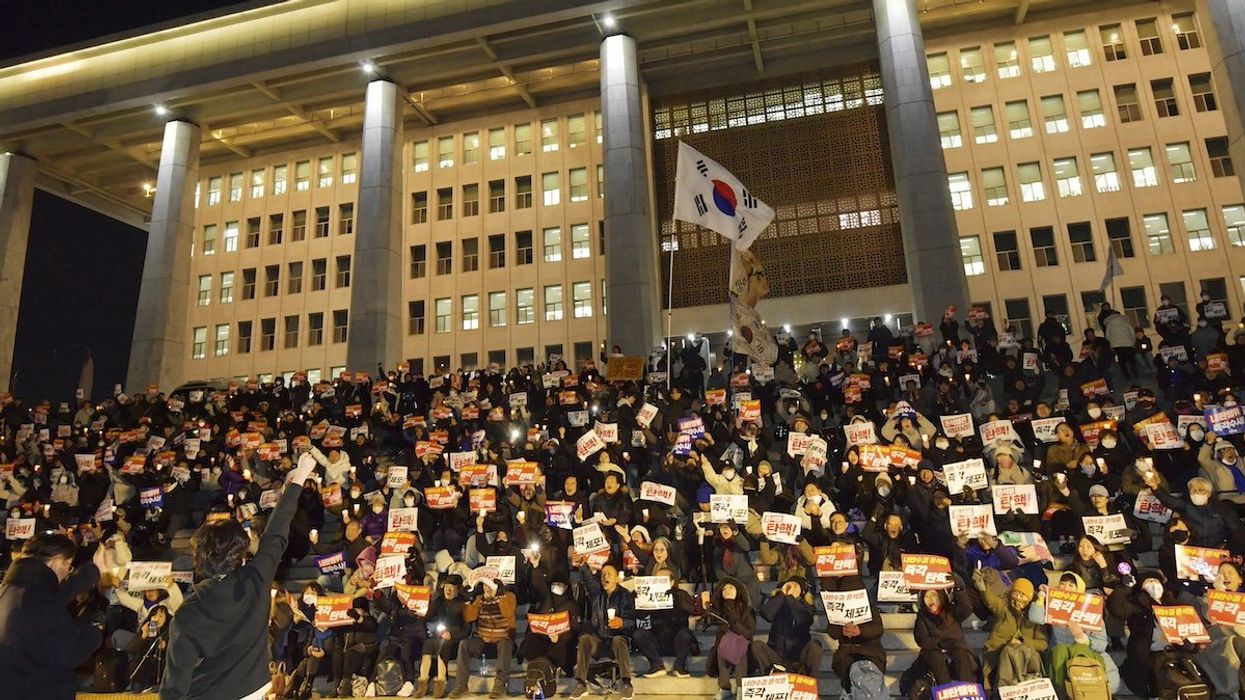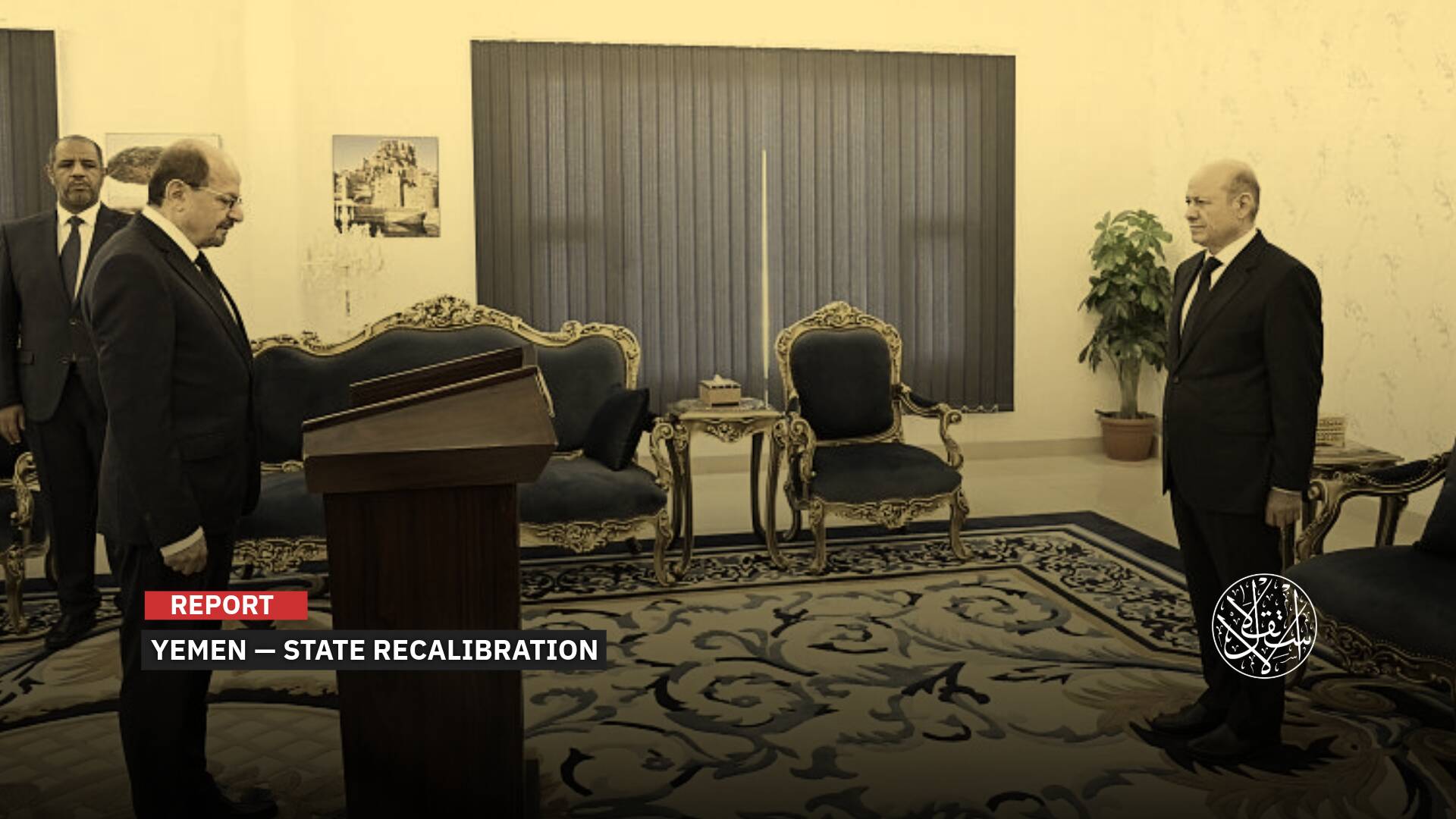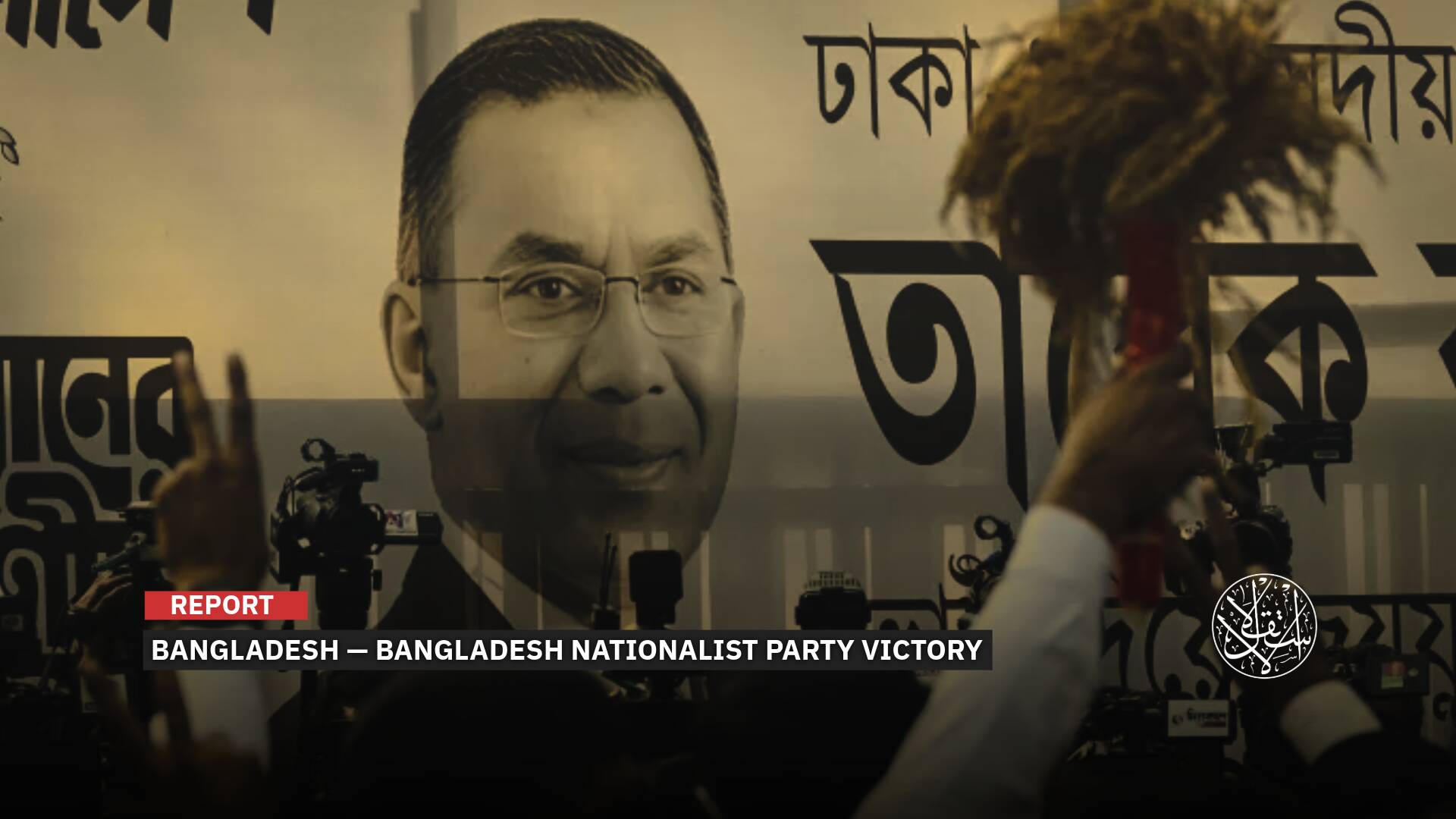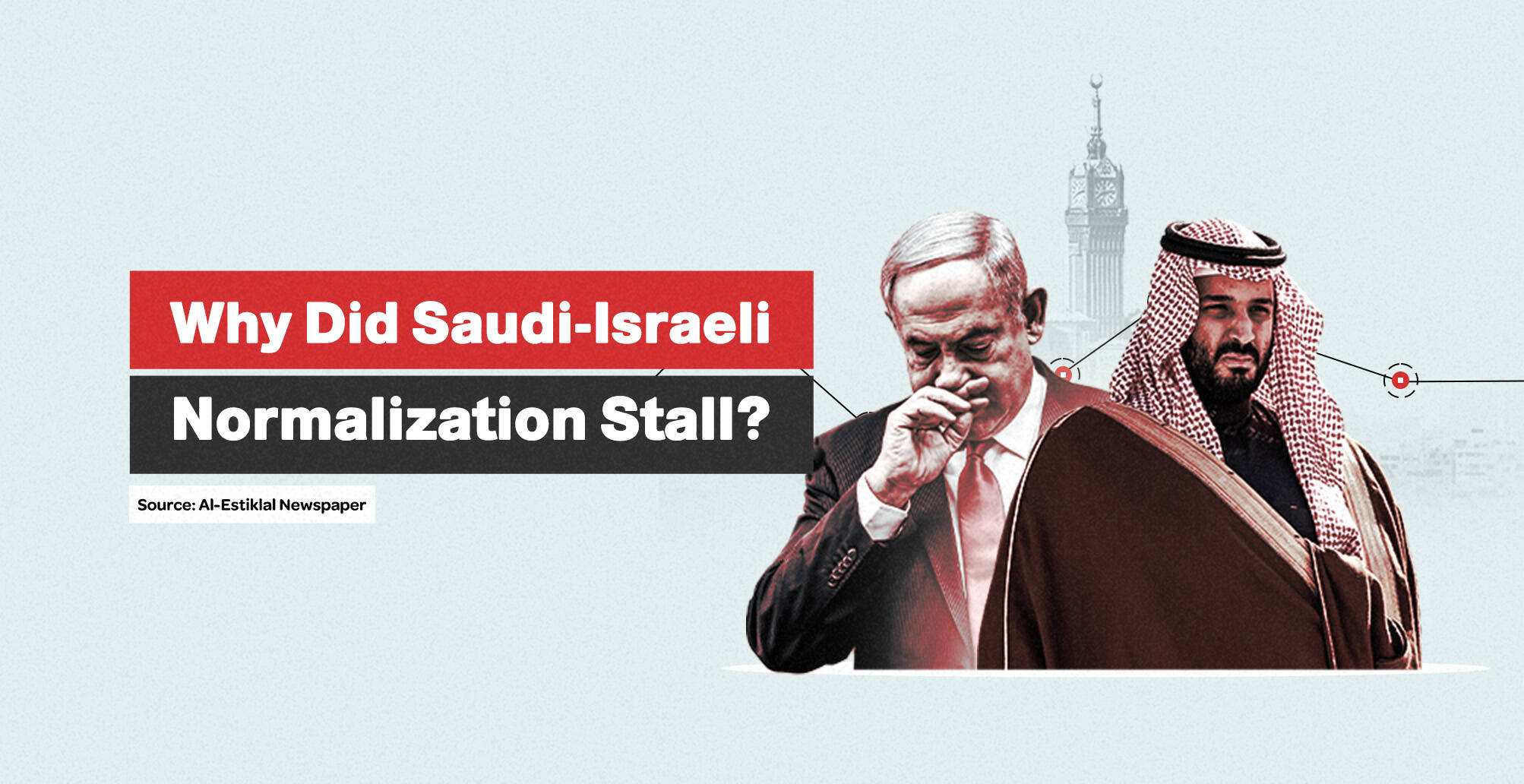Political Crisis: How South Korean President’s Coup Attempt Ended

“The last time martial law was imposed in South Korea was in 1980.”
South Korea's Yonhap news agency reported that prosecutors in the country have opened an investigation into President Yoon Suk-yeol and ousted Defence Minister Kim Yong-hyun over their roles in the attempted imposition of martial law.
Citing unspecified threats, the South Korean President imposed martial law for about six hours before reversing his decision after parliament voted against the move and under international pressure.
Yoon, 63, is currently facing impeachment proceedings in parliament after his surprise announcement sparked a nationwide political crisis.
The opposition has long accused Yoon, who is seen as a divisive figure in South Korea, of plotting a rebellion and trying to overthrow the country's liberal democracy.
Surprise Move
In a TV broadcast late on Dec. 3, South Korean President Yoon Suk-yeol declared martial law across the country, justifying the move by saying it was necessary to protect South Korea from communist forces and to combat anti-state elements.
The decision came after the main opposition Democratic Party submitted a reduced budget bill to the parliamentary budget committee, and proposed the removal of the head of the audit board and top prosecutors.
Following the announcement, Defense Minister Kim Yong-hyun ordered an emergency meeting of top military leaders, calling for heightened vigilance and a state of high alert.
According to Yonhap, authorities in South Korea closed the parliament building in Seoul, preventing lawmakers from entering the building.
Within hours of the announcement, the parliament, with 190 of its 300 members present, unanimously approved a motion to lift martial law, including all 18 members of Yoon's party present.
Six hours after the announcement, the South Korean president backed down from his decision, which the opposition called a coup against democracy.
This is the first time since 1980 that martial law has been declared in South Korea.

Constitutional Violation
On December 4, South Korean Defense Minister Kim Yong-hyun resigned amid growing controversy over his role in martial law.
Han Dong-hoon, leader of the ruling People Power Party (PPP), had urged President Yoon to dismiss the defense minister over what he called a catastrophic situation.
“Those responsible for unsettling the public and causing harm through unconstitutional martial law, including the president, must be held strictly accountable,” he said.
Han’s remarks came hours after six opposition parties filed a motion to impeach President Yoon Suk-yeol for serious violations of the constitution and the law.
If the president’s party opposes the impeachment motion, it may be able to block it, as it requires a two-thirds majority of the 300 MPs to pass.
The president’s party controls 108 seats, so some ruling party lawmakers would have to abandon the president and vote in favor of the motion for it to pass, according to the New York Times.
The matter would then go to the Constitutional Court, which could uphold the impeachment with a vote of six of the nine justices.
If the opposition’s impeachment motion succeeds, it would be unprecedented in the country.
In 2016, President Park Geun-hye was impeached after being accused of aiding a friend in an extortion scheme.
In 2004, another president, Roh Moo-hyun, was impeached and suspended from office for two months before the Constitutional Court later reinstated him.

International Pressure
Immediately after South Korean President Yoon Suk-yeol announced martial law in the country, the United States and the international community rushed to pressure Seoul to return to normal legal procedures.
US Deputy Secretary of State Kurt Campbell confirmed that the United States is closely monitoring the situation, hoping that political differences will be resolved peacefully and in accordance with the rule of law.
In turn, UN Secretary-General's spokesman Stephane Dujarric said that the organization is constantly monitoring the situation with great concern, noting that the situation has potential repercussions on regional security and stability.
Kremlin spokesman Dmitry Peskov described the imposition of martial law as worrying, noting that Russia is closely monitoring the situation, especially with the internal criticism directed by the opposition to this unconstitutional move.
On its part, China, an ally of North Korea, urged its citizens in South Korea to exercise the utmost caution and vigilance.
Following the lifting of martial law in South Korea, US Secretary of State Antony Blinken welcomed the move, calling for a peaceful resolution of political differences in the country's biggest ally.
The White House also confirmed that it had no prior knowledge of the imposition of martial law.
Despite the historical hostility between the two neighbors, North Korea's official media has remained silent on the political unrest and tense situation in Seoul.
The Rodong Sinmun newspaper, which targets a domestic audience, has not published articles on the popular anti-government protests in South Korea, which are calling for Yoon's removal. The newspaper has published such reports almost every day since late last month.
For decades, relations between the two Koreas, which have not signed a peace treaty after the Korean War (1950-1953) ended with an armistice, have oscillated between attempts at appeasement and military escalation.

A Divisive Figure
Since his election in 2022, Yoon has faced a challenging and scandal-filled presidency.
Yoon won the presidency with less than half the vote, by a margin of less than 1% — a result that was widely viewed as a condemnation of his progressive predecessor rather than an enthusiastic endorsement of Yoon, according to the New York Times.
The Financial Times described Yoon’s presidency as marked by low popularity and political dysfunction, noting that it culminated this week in his declaration of martial law in the country for the first time in more than 44 years.
Since taking office, Yoon has found himself in near-constant political confrontation with the opposition, which controls parliament.
The South Korean President has engaged in various battles with the opposition in crucial areas, including education and health.

Since last April, Yoon's political influence has declined sharply after the opposition overwhelmingly dominated the parliament (192 seats out of 300).
The results of those elections were followed by mass resignations, including the prime minister and a number of his senior aides and former allies.
Since then, his government has been unable to pass the laws it wanted and has been limited to vetoing bills passed by the liberal opposition, which has led to tensions between the two parties escalating to unprecedented levels.
The South Korean president's approval ratings have also fallen to record lows, not exceeding 19%, in recent months, especially with his involvement in several corruption scandals this year.
Yoon was also accused this year of pressuring the Defense Ministry to amend the results of an investigation into the death of a South Korean marine in 2023.











